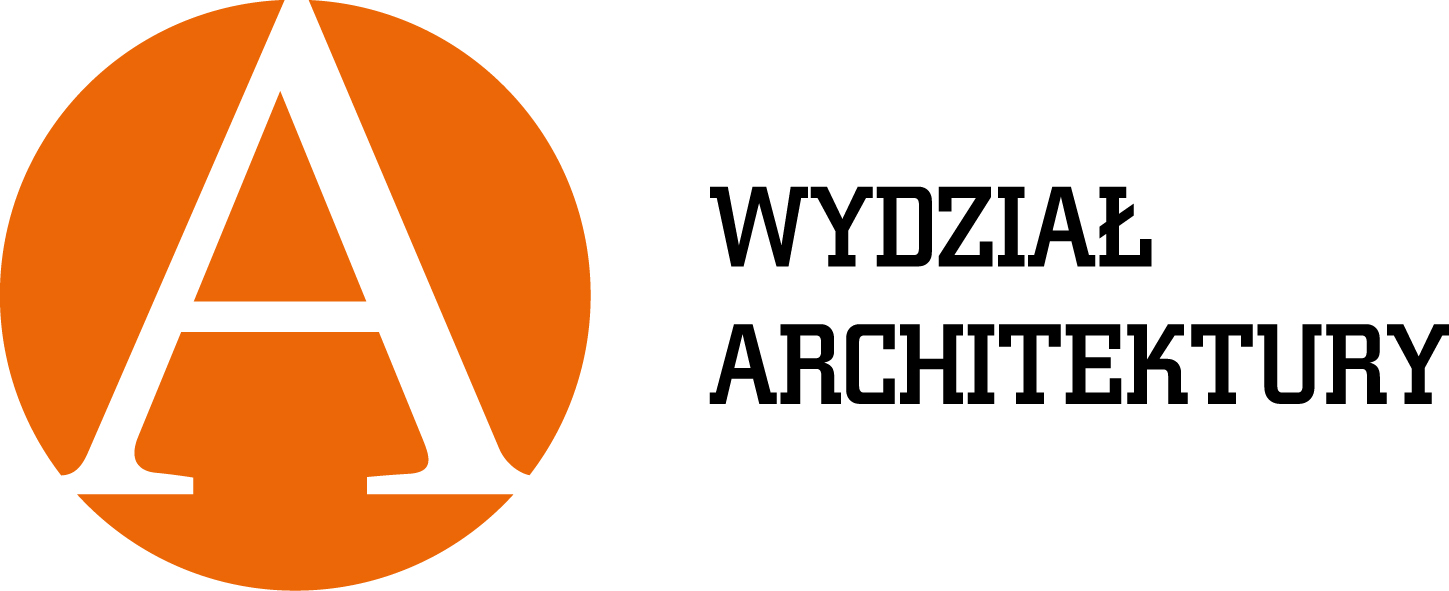Poznań Design Talks. Wytchnienie
Poznań design talks
26.10 I 15.00 – 17.30
Stary Browar, Słodownia +2
26.10.2024 (sobota), godz. 15.00-17.30
miejsce: Stary Browar, Słodownia +2
Poznań Design Talks. Wytchnienie
to seria prezentacji i rozmów z osobami reprezentującymi różnorodne profesje, projektowe, psychologiczne, socjologiczne, podczas których chcemy się przyjrzeć problematyce, która jest tak ważną w codzienności życia społecznego. Spróbujemy wspólnie odpowiedzieć na pytanie czym jest Wytchnienie i jak i czy w ogóle w dzisiejszej rzeczywistości możemy je osiągnąć oraz zaprojektować.
15.00-15.30 Wytchnienie i projektowanie. Prezentacja Czesławy Frejlich, projektantki i kierowniczki Katedry Projektowania Ergonomicznego Akademii Sztuk Pięknych w Krakowie
15.30-15.45 Przestrzeń publiczna projektowanie dla wytchnienia. Prezentacja Pawła Grobelnego, projektanta, kuratora wystaw i wykładowcy akademickiego
15.45-16.00 Czas biologiczny i psychologiczny – o zaletach snu i nudy. Prezentacja Halszki Kontrymowicz-Ogińskiej, profesorki w Zakładzie Neurokognitywistyki i Neuroergonomii Instytutu Psychologii Stosowanej Uniwersytetu Jagiellońskiego
16.00-16.15 Prawo do wytchnienia. Prezentacja Jacka Kurczewskiego, wykładowcy Katedry Socjologii i Antropologii Obyczajów Prawa Uniwersytetu Warszawskiego
English version:
October 26, 2024 (Saturday), 3:00 PM – 5:30 PM
Location: Stary Browar, Słodownia +2
Poznań Design Talks: Respite.
A series of presentations and discussions with professionals from diverse fields, including design, psychology, and sociology, aimed at exploring a topic that is crucial to everyday social life. Together, we will attempt to answer the question of what respite means, and whether it is possible to achieve and design it in today’s reality.
3:00 PM – 3:30 PM Respite and Design: Presentation by Czesława Frejlich, designer and head of the Department of Ergonomic Design at the Academy of Fine Arts in Kraków
3:30 PM – 3:45 PM Public Space: Designing for Respite: Presentation by Paweł Grobelny, designer, exhibition curator, and academic lecturer
3:45 PM – 4:00 PM Biological and Psychological Time: The Benefits of Sleep and Boredom: Presentation by Halszka Kontrymowicz-Ogińska, professor at the Department of Neurocognitive Science and Neuroergonomics, Institute of Applied Psychology, Jagiellonian University
4:00 PM – 4:15 PM The Right to Respite: Presentation by Jacek Kurczewski, lecturer at the Department of Sociology and Anthropology of Law, University of Warsaw
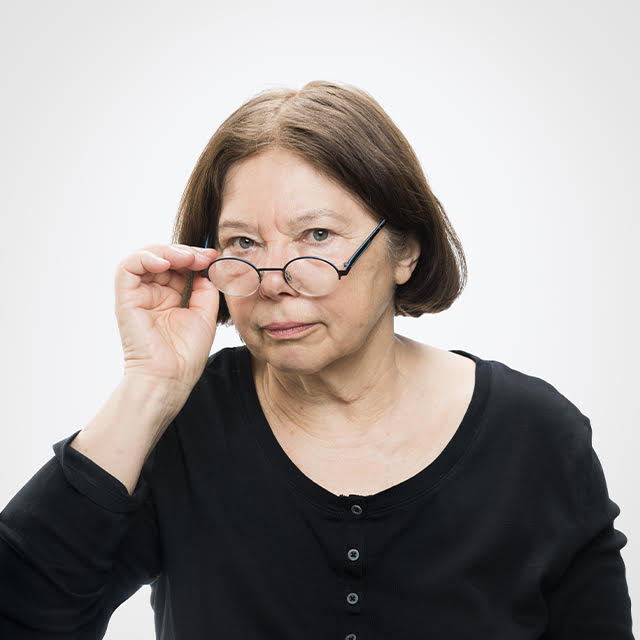
Wytchnienie i projektowanie. Prezentacja Czesławy Frejlich
Prelegentka przybliży i krótko omówi dziesięć najbardziej popularnych formy wytchnienia oraz skonfrontuje je z projektami, które w zamyśle mają sprzyjać wypoczynkowi.
Czesława Frejlich – sbsolwentka Wydziału Form Przemysłowych krakowskiej Akademii Sztuk Pięknych, dyplom pod kierunkiem prof. Adama Gedliczki (1975). Po studiach zatrudniona na macierzystej uczelni. Od 2006 roku kieruje Katedrą Projektowania Ergonomicznego. Od 2000 roku pracuje również na Wydziale Wzornictwa warszawskiej ASP. Specjalizuje się w projektowaniu ergonomicznym. Jako projektantka do roku 2000 zajmowała się wzornictwem produktu i grafiką użytkową. Po roku 2000 sprawuje funkcje kuratorskie, jest redaktorką, autorką tekstów o dizajnie, konsultantką z dziedziny ergonomii.
Współzałożycielka i redaktorka naczelna (2001–2017) ogólnopolskiego kwartalnika projektowego „2+3D”, a od 2018 współzałożycielka i redaktorka internetowego magazynuFormy.xyz
English version:
Respite and Design: Presentation by Czesława Frejlich
The speaker will introduce and briefly discuss the ten most popular forms of respite and confront them with projects designed to promote relaxation.
Czesława Frejlich – a graduate of the Faculty of Industrial Forms at the Academy of Fine Arts in Kraków, she completed her diploma under the supervision of Professor Adam Gedliczka (1975). After her studies, she was employed at her alma mater. Since 2006, she has been the head of the Department of Ergonomic Design. Since 2000, she has also worked at the Faculty of Design at the Warsaw Academy of Fine Arts. She specializes in ergonomic design. As a designer, she focused on product design and graphic design until 2000. After that, she took on curatorial roles and became an editor, author of design-related texts, and a consultant in ergonomics.
She is a co-founder and editor-in-chief (2001–2017) of the national design quarterly “2+3D,” and since 2018, she has been a co-founder and editor of the online magazine Formy.xyz.
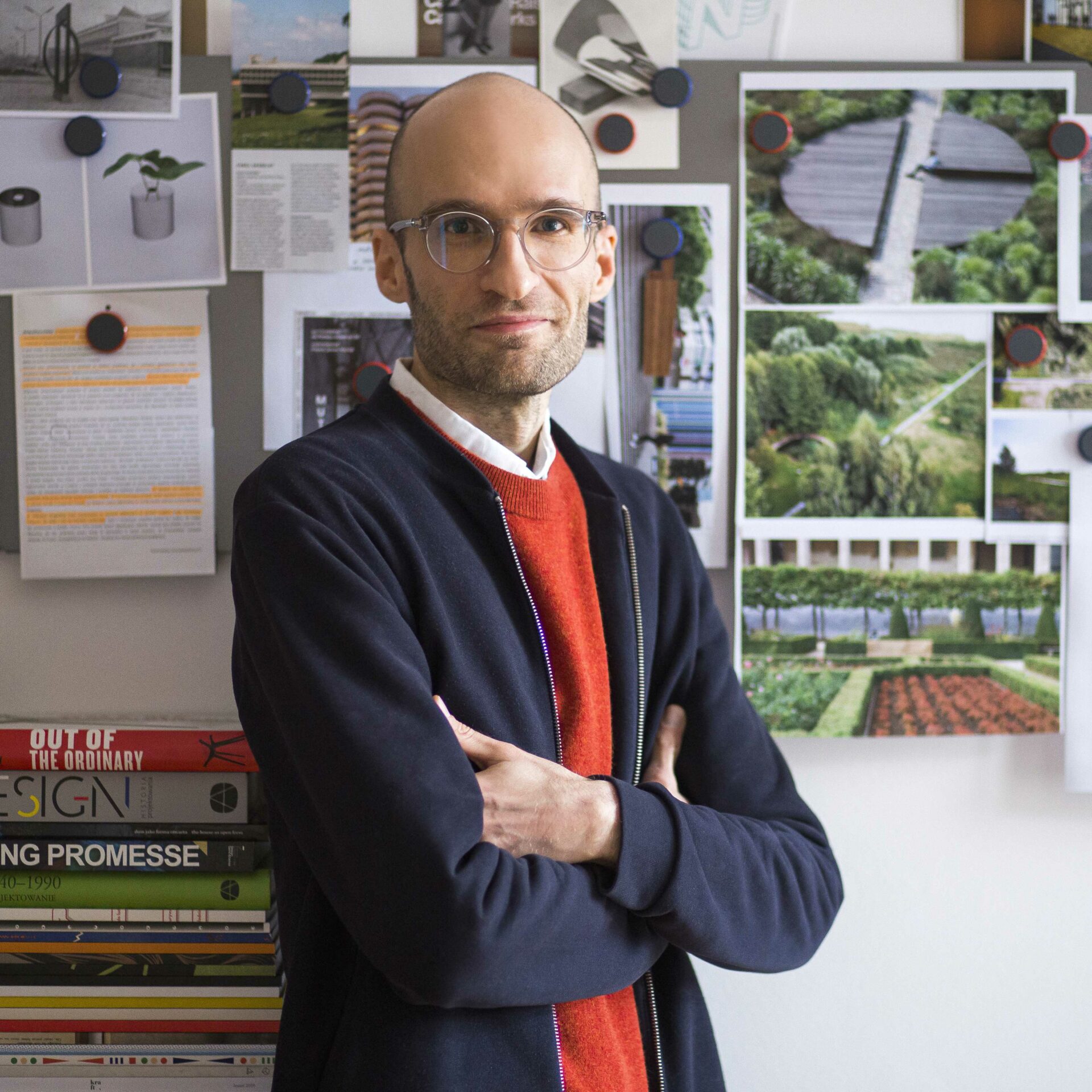
Przestrzeń publiczna projektowanie dla wytchnienia. Prezentacja Pawła Grobelnego
Prezentacja dotyczyć będzie projektowania przestrzeni publicznych pod kątem odpoczynku i wytchnienia w skali lokalnej. Wspólne i ogólnodostępne przestrzenie, które funkcjonują w skali dzielnicowej, bliskiego sąsiedztwa są równie ważne jak wielkie założenia parkowe w miastach. Właśnie takim przestrzeniom poświęcona zostanie prezentacja „Przestrzeń publiczna – dla wytchnienia”.
Paweł Grobelny – projektant i kurator wystaw. Prowadzi Pracownię Projektowania Przestrzeni Publicznej na Wydziale Wzornictwa Akademii Sztuk Pięknych w Warszawie. Stypendysta Rządu Francuskiego w Paryżu, Casa de Velazquez w Madrycie oraz Residency Unlimited w Nowym Jorku. Studiował na Akademiach Sztuk Pięknych w Poznaniu, Lyonie i Paryżu. Jego realizacje znajdują się w przestrzeniach publicznych takich miast jak Bruksela, Budapeszt, Grimbergen, Paryż, Strasburg i Szanghaj. Laureat wielu międzynarodowych nagród – m.in. „Rado Star France – Prix du Public” przyznanej podczas Paryskiego Tygodnia Designu. Trzykrotny laureat ogólnopolskiej nagrody „Polska Architektura XXL” w kategorii „Polski Krajobraz” (2022, 2019, 2018).
English version:
Public Space: Designing for Respite. Presentation by Paweł Grobelny
The presentation will focus on designing public spaces for rest and respite at the local scale. Shared and accessible spaces that operate at the neighborhood level are just as important as large park projects in cities. The presentation titled „Public Space – For Respite” will be dedicated to these kinds of spaces.
Paweł Grobelny – designer and exhibition curator. He runs the Public Space Design Studio at the Faculty of Design at the Academy of Fine Arts in Warsaw. He has been a scholarship recipient of the French Government in Paris, Casa de Velazquez in Madrid, and Residency Unlimited in New York. He studied at the Academy of Fine Arts in Poznań, Lyon, and Paris. His works can be found in public spaces in cities such as Brussels, Budapest, Grimbergen, Paris, Strasbourg, and Shanghai. He is the recipient of numerous international awards, including the “Rado Star France – Prix du Public” awarded during Paris Design Week. He has also won the national award “Polska Architektura XXL” three times in the “Polish Landscape” category (2022, 2019, 2018).
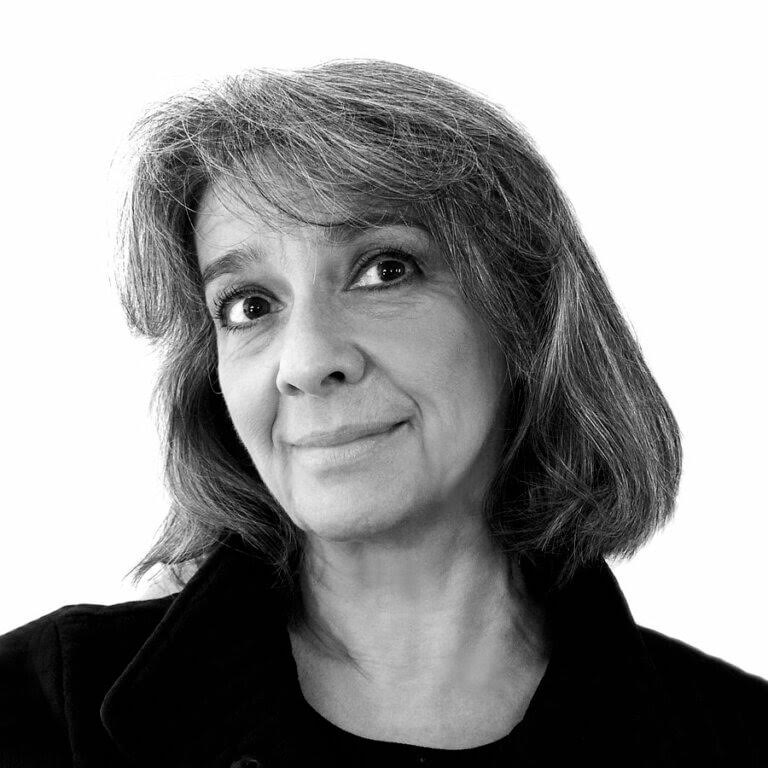
Czas biologiczny i psychologiczny – o zaletach snu i nudy. Prezentacja Halszki Kontrymowicz-Ogińskiej
Sen, wbrew pozorom, wcale nie jest stratą czasu, a próby ograniczania go do 4-5 godzin na dobę nie świadczą o sile czy dzielności, ale raczej o braku rozwagi. Oprócz wielu niekwestionowanych korzyści dla fizjologii organizmu (na czele z wzmocnieniem układu odpornościowego), sen ma też znaczenie dla regulacji emocji, pamięci i kreatywności. Z tych względów nie do pogardzenia są również drzemki w ciągu dnia. I wreszcie – nie musimy być ciągle zajęci. Chwile, a nawet dłuższe okresy bezczynności i nudy mogą być bezcenne dla wyobraźni, znajdowania rozwiązań, kojarzenia informacji, słowem – tworzenia. Nie powinniśmy więc wstydzić się wysypiania ani ‘nicnierobienia’ – to potężne zasoby, które często lekceważymy. Są bardzo cenne, szczególnie dla osób pracujących w zawodach twórczych.
Halszka Kontrymowicz Ogińska – Profesorka (dr hab.) w Zakładzie Neurokognitywistyki i Neuroergonomii Instytutu Psychologii Stosowanej Uniwersytetu Jagiellońskiego. Przez 25 lat była związana z Zakładem Ergonomii w Collegium Medicum UJ, gdzie prowadziła prace badawcze w obszarze chronopsychologii i stresu w pracy oraz zajęcia dla studentów Wydziałów Lekarskiego i Nauk o Zdrowiu. Jest autorką i współautorką ponad 80 publikacji, członkinią Komisji Psychologii Polskiej Akademii Nauk Oddział w Krakowie oraz Polskiego Towarzystwa Ergonomicznego.
English version:
Biological and Psychological Time: The Benefits of Sleep and Boredom. Presentation by Halszka Kontrymowicz-Ogińska
Contrary to popular belief, sleep is not a waste of time, and attempts to limit it to 4-5 hours a day do not demonstrate strength or bravery, but rather a lack of prudence. In addition to the many undeniable benefits for the body’s physiology (chief among them strengthening the immune system), sleep is also significant for emotional regulation, memory, and creativity. For these reasons, daytime naps should not be underestimated. And finally, we don’t always have to be busy. Moments, or even longer periods, of inactivity and boredom can be invaluable for imagination, problem-solving, making connections, in short—creating. Therefore, we should not be ashamed of getting enough sleep or “doing nothing”—these are powerful resources that we often overlook. They are extremely valuable, especially for those working in creative professions.
Halszka Kontrymowicz-Ogińska – Professor (Habilitated Doctor) at the Department of Neurocognitive Science and Neuroergonomics, Institute of Applied Psychology, Jagiellonian University. For 25 years, she was associated with the Ergonomics Department at Jagiellonian University’s Collegium Medicum, where she conducted research in the fields of chronopsychology and work stress, as well as taught courses for students in the Faculty of Medicine and Health Sciences. She is the author and co-author of over 80 publications and a member of the Psychology Committee of the Polish Academy of Sciences in Kraków and the Polish Ergonomics Society.
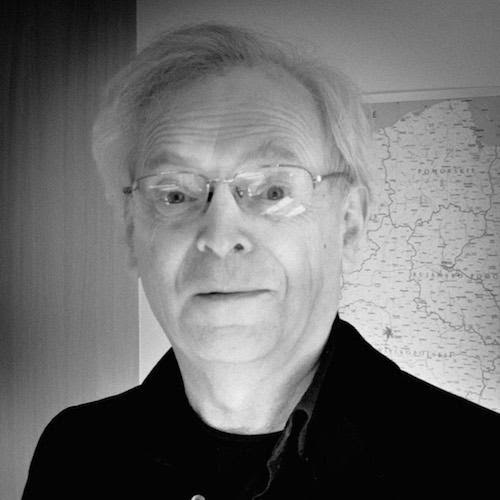
Jacek Kurczewski – wykładowca Katedry Socjologii i Antropologii Obyczajów Prawa Uniwersytetu Warszawskiego. Od 1965 r. zajmuje się pracą naukową na UW, początkowo na Wydziale Filozofii i Socjologii jako asystent w Katedrze Historii i Teorii Moralności pod kier. Prof. Marii Ossowskiej, później pod kierunkiem prof. Adama Podgóreckiego, od 1973 r. po uzyskaniu doktoratu jako adiunkt, a następnie po habilitacji w 1983 r. jako docent w IPSiR (na prawach wydziału) a od 1990 r. w ISNS UW. Od 1995 profesor tytularny, od 1999 profesor zwyczajny. W latach 1987-1996 przez trzy kadencje pełnił funkcję dziekana Wydziału Stosowanych Nauk Społecznych i Profilaktyki Społecznej, od 1994 kierował Katedrą. Był kilkakrotnie Prezesem Oddziału Warszawskiego Polskiego Tow. Socjologicznego, pełnił funkcję Prezesa Towarzystwa Studiów Politycznych. Kilkakrotnie był członkiem zarządu Komitetu Badawczego Socjologii Prawa Międzynarodowego Tow. Socjologicznego; 1996—1999 był redaktorem naczelnym „Polish Sociological Review”, jest redaktorem naczelnym „Societas/Communitas” wydawanego przez ISNS UW. Brał udział jako kierownik badań w Polsce w projektach międzynarodowych: 1968, Image of the World in the Year 2000 European Comparative Project of Vienna UNESCO Centre for Coordination and Documentation in Social Sciences; 1976 Local Legal Systems European Comparative Project of Vienna UNESCO Centre for Coordination and Documentation in Social; 2000 Third Sector and Governance World Ford Foundation’s Project, OSI/EU Accession Monitoring Program, (por. report on Corruption and Anti-Corruption Policy in Poland z M. Fuszarą and G. Kopińską). Prowadził dydaktykę z socjologii, kryminologii, metodologii nauk społecznych, teorii socjologicznych i antropologii kulturowej oraz szeregu przedmiotów szczegółowych, przede wszystkim socjologii i antropologii prawa. Uczył, wykładał gościnnie lub był na stażach naukowych: 1979, Associate Professor, Sociology Department, George Washington University, Washington, D.C.; 1986, Visiting professor, Research School for Social Sciences, Australian National University, Canberra, A.N.T. (badanie Village Courts, Highlands, Papua New Guinea), 1990, Visiting Professor, Institute for Sociology of Law, Oslo University, Norway; 1991, Visiting professor, Wayne State University, Detroit, Ill; 1994, Visiting professor, Kellogg Center for International Studies, University of Notre Dame, Ind.; 1996, Visiting Professor, International Institute, University of Michigan, Ann Arbor; 1996 i 1997 Teaching Professor in International Master in Sociology of Law Programme, IISL, Oñati, Spain; 1995 lecturer at „NGOs and Law in Central Asia“ conference at Issyk-kul, Kirghizstan; 1996 lecturer on Rule of Law, Democracy and NGOs (East-West Project), Open Society Institute, Bishkek, Kirghizstan; 1997/98 Academic Director, International Institute for the Sociology of Law, Oñati, Spain; 1999, Visiting Fellow, Institute for Human Sciences, Vienna, Austria, 2007, Visiting Professor, A’in Shams University, Cairo, 2008, Fellow, Rockefeller Foundation International Center, Bellagio, Italy; Od 2001 – International Associate of Oxford University Centre for Family Research and Family Policy. Pełnił funkcje publiczne w latach 1980-1992 jako doradca “Solidarności”, członek Komitetu Obywatelskiego przy Lechu Wałęsie, uczestnik Okrągłego Stołu (podstolik ds. wolności stowarzyszeń), poseł i wicemarszałek Sejmu RP I kadencji. W 2007 r. odznaczony za działalność publiczną przez prezydenta Lecha Kaczyńskiego Krzyżem Kawalerskim Orderu Odrodzenia Polski. Współtworzył prawo ograniczające cenzurę (1981), prawo o przeciwdziałaniu narkomanii (1987), prawo o zgromadzeniach (1990), kodeks służby cywilnej (2003). Był członkiem rad programowych TVP, rady ds. transplantacji przy Ministrze Zdrowia, rady przy KG Policji. Bezpartyjny, członek NSZZ „Solidarność”. Członek Rady Programowej Fundacji CBOS, członek Rady Nadzorczej Fundacji Instytut Lecha Wałęsy.
English version:
Jacek Kurczewski – Lecturer at the Department of Sociology and Anthropology of Law at the University of Warsaw. Since 1965, he has been involved in academic work at UW, initially at the Faculty of Philosophy and Sociology as an assistant in the Department of the History and Theory of Morality under the supervision of Professor Maria Ossowska, later under Professor Adam Podgórecki. Since 1973, after obtaining his doctorate, he has served as an assistant professor and then, after habilitation in 1983, as an associate professor at the Institute of Political Science and Administration (IPSiR) (with faculty rights), and from 1990 at the Institute of Sociology and Social Policy (ISNS) at UW. Since 1995, he has been a titular professor, and since 1999, a full professor. From 1987 to 1996, he served three terms as the dean of the Faculty of Applied Social Sciences and Social Prevention, and since 1994, he has headed the Department. He has been the president of the Warsaw Branch of the Polish Sociological Association several times and has served as president of the Political Studies Association. He has also been a member of the board of the Research Committee on Sociology of Law of the International Sociological Association; from 1996 to 1999, he was the editor-in-chief of Polish Sociological Review and is currently the editor-in-chief of Societas/Communitas, published by ISNS UW. He has participated as the research leader in international projects in Poland: in 1968, he took part in the „Image of the World in the Year 2000” European Comparative Project at the Vienna UNESCO Centre for Coordination and Documentation in Social Sciences; in 1976, he was involved in the „Local Legal Systems” European Comparative Project at the same center; and in 2000, he worked on the „Third Sector and Governance” project funded by the Ford Foundation, as well as the OSI/EU Accession Monitoring Program (see report on Corruption and Anti-Corruption Policy in Poland with M. Fuszarą and G. Kopińską). He has taught courses in sociology, criminology, social science methodology, sociological theories, and cultural anthropology, as well as a number of specialized subjects, primarily sociology and anthropology of law. He has taught, lectured as a guest, or participated in scientific internships at various institutions: in 1979, as an Associate Professor in the Sociology Department at George Washington University, Washington, D.C.; in 1986, as a Visiting Professor at the Research School for Social Sciences, Australian National University, Canberra (studying Village Courts in the Highlands of Papua New Guinea); in 1990, as a Visiting Professor at the Institute for Sociology of Law, Oslo University, Norway; in 1991, as a Visiting Professor at Wayne State University, Detroit, Illinois; in 1994, as a Visiting Professor at the Kellogg Center for International Studies, University of Notre Dame, Indiana; in 1996, as a Visiting Professor at the International Institute, University of Michigan, Ann Arbor; in 1996 and 1997, as a Teaching Professor in the International Master in Sociology of Law Programme at IISL, Oñati, Spain; in 1995, as a lecturer at the „NGOs and Law in Central Asia” conference at Issyk-kul, Kyrgyzstan; in 1996, as a lecturer on Rule of Law, Democracy, and NGOs (East-West Project) at the Open Society Institute, Bishkek, Kyrgyzstan; in 1997/98, as the Academic Director of the International Institute for the Sociology of Law, Oñati, Spain; in 1999, as a Visiting Fellow at the Institute for Human Sciences, Vienna, Austria; in 2007, as a Visiting Professor at Ain Shams University, Cairo; and in 2008, as a Fellow at the Rockefeller Foundation International Center, Bellagio, Italy. Since 2001, he has been an International Associate of the Oxford University Centre for Family Research and Family Policy. He held public functions from 1980 to 1992 as an advisor to „Solidarity,” a member of the Citizens’ Committee with Lech Wałęsa, and participated in the Round Table discussions (subgroup on freedom of association), as well as serving as a member of the Polish Parliament and Deputy Marshal of the Sejm of the Republic of Poland during its first term. In 2007, he was awarded the Knight’s Cross of the Order of Polonia Restituta for his public service by President Lech Kaczyński. He co-created laws limiting censorship (1981), laws on combating drug addiction (1987), laws on assemblies (1990), and the civil service code (2003). He has been a member of program councils for TVP, the Transplantation Council under the Minister of Health, and the council for the Chief Police Headquarters. He is nonpartisan and a member of the NSZZ „Solidarity.” He is a member of the Program Council of the CBOS Foundation and a member of the Supervisory Board of the Lech Wałęsa Institute Foundation.
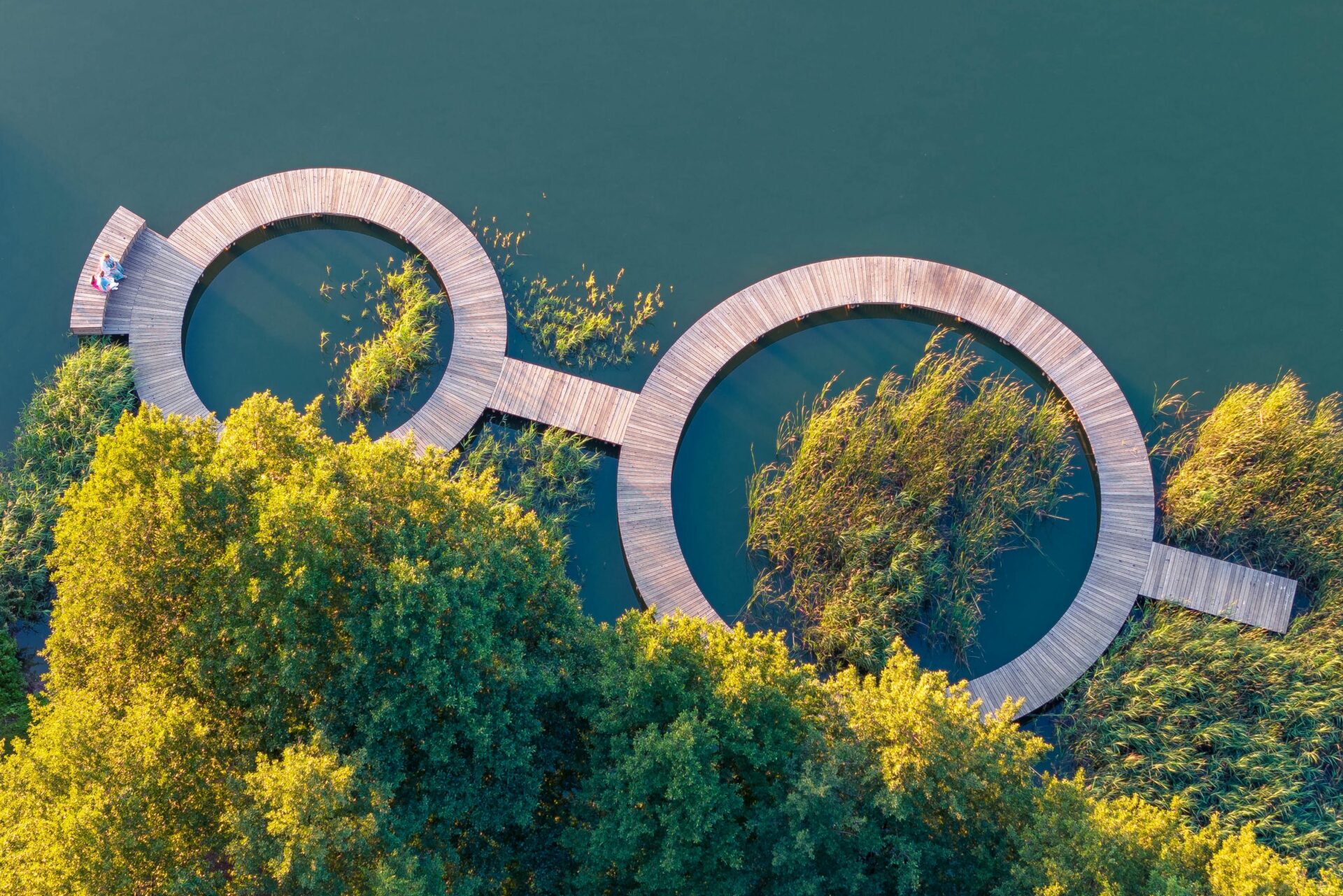
Partnerem Poznań Design Talks są:
Stowarzyszenie Architektów Polskich / o Poznań
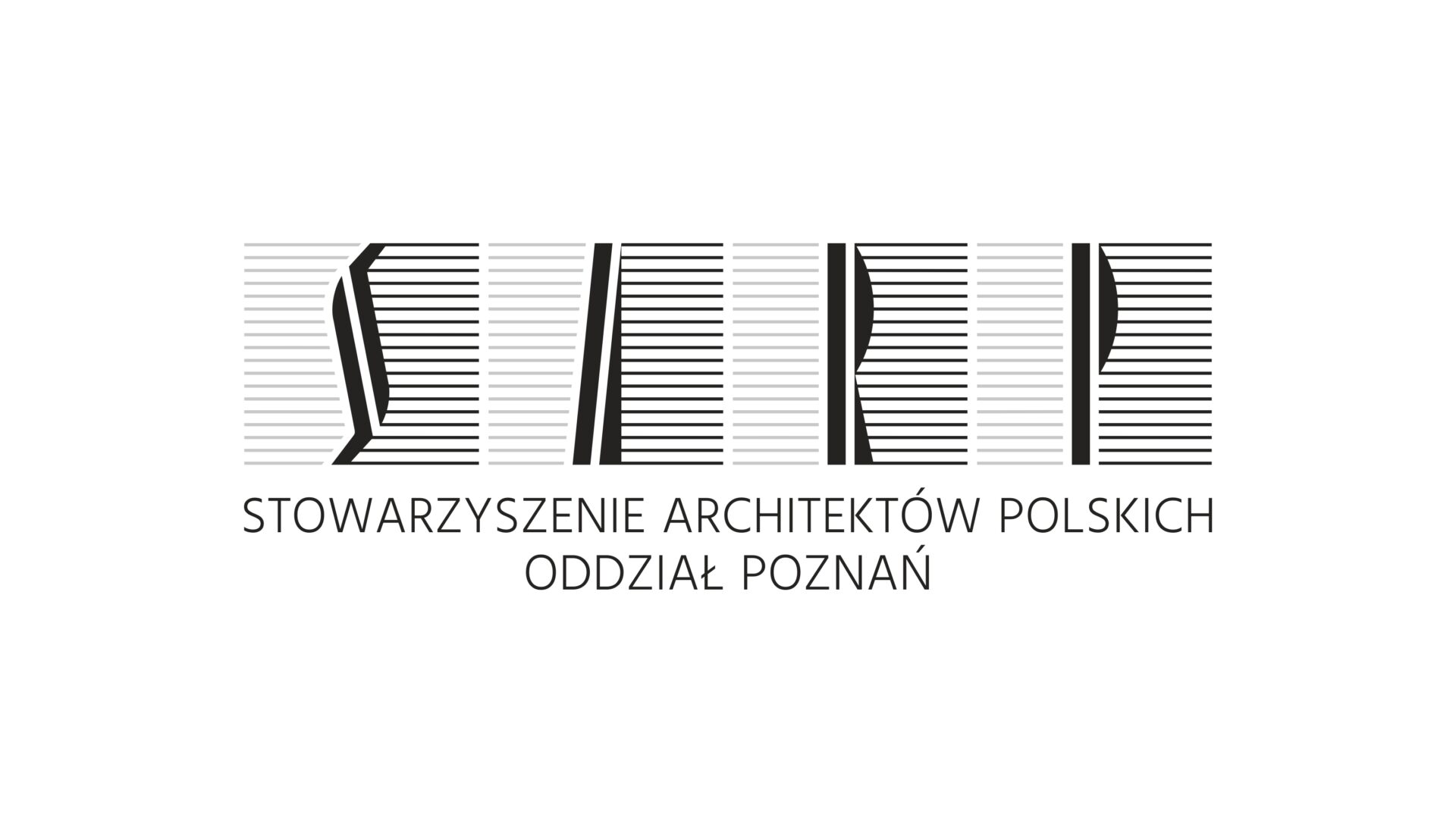
oraz Wydział Architektury Politechniki Poznańskiej
